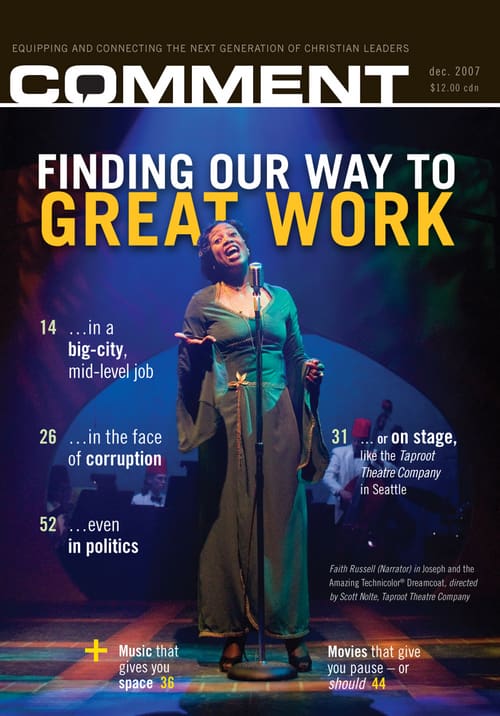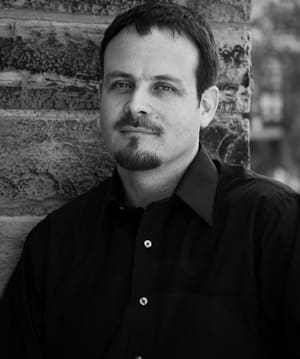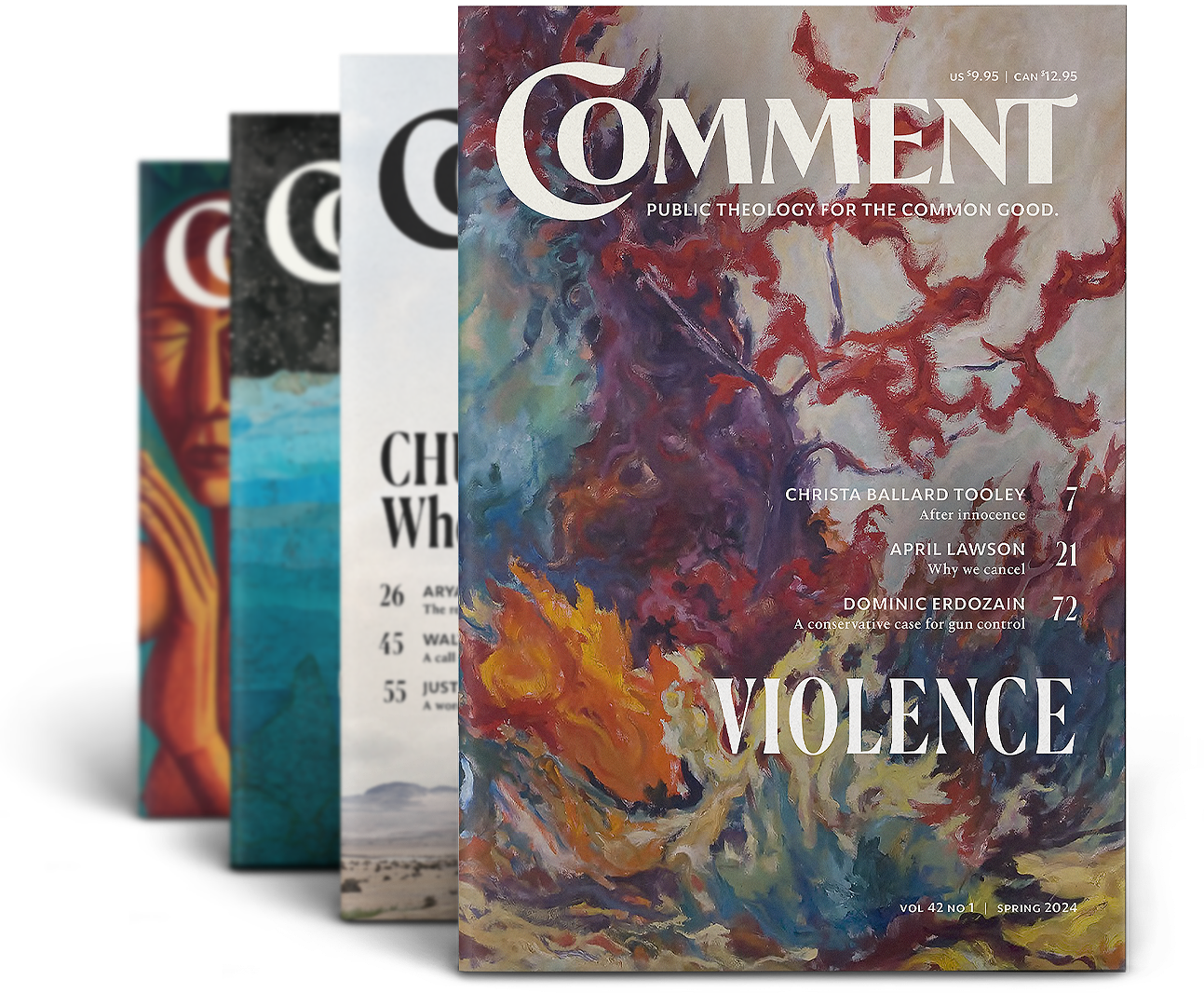My favourite new magazine is Monocle, the latest brainchild of Tyler Brûlé.
I enjoy Monocle because of its cosmopolitanism, its eclecticism, and the youthfulness of its readership. I am tempted by its aestheticism, its elitism, and its high-gloss production.
And I fear for its readers, because of their wealth, their influence, and their privilege.
Do not misunderstand me—I do not hold wealth, influence and privilege to be evil. But wealth, influence and privilege—untempered and misguided—can cause those who enjoy them irreparable harm. And in the hands of such soft and aimless souls these gifts can turn to be a curse upon the cities that host them.
Paging through Monocle in recent months I have often wondered what kinds of encounters would temper and turn about the golden boys and girls who read and write it—that they may employ their lives in service of goods greater than mere fame, pleasure, or profit, and thereby find their own humanity deepened, enlivened and enriched.
Again, do not misunderstand me—there is already evidence that these global nomads care for good cities and good craft, for imaginative music and dress, for some kind of commonwealth of humanity: there are traces of the blessings of God’s common grace in their dreams and desires, their causes and careers.
But it seems a fair assessment, on the surface, that despite these traces of wonder and of hope, the gloss of Monocle allows too few hints of heartbreak. And so, my curriculum for Monocle readers consists of a reading of Three Bad Psalms.
- First, a slow, honest read of Psalm 51, in solitude, with a print of Rembrandt’s Batsheba at hand, and the music of Arvo Pärt and Henryk Górecki playing on their iPods.
- Then, still in solitude, an even slower, more honest read of the Godforsaken Psalm 88, by candlelight, and this time with no musical accompaniment. With, at the end of the reading, a snuffing out of the candle, and silent reflection in the dark.
- Finally, in the company of hardbitten disaster relief professionals, and on a journey to one of the ravaged places of the earth, a loud, raging reading of Psalm 137.
Somewhere, amidst these harrowing, heartpiercing, breath-taking psalms, I hope for the Spirit of God to slip into the room, and to whisper, “Where are you?”
The vocational counsel in this issue of Comment is not all imbued with the dark wisdom of these Three Bad Psalms. Nor is it all glitter and no gold. We hope you will find our authors’ servings to be savoury, and their guidance light.



